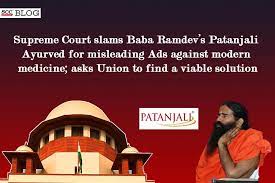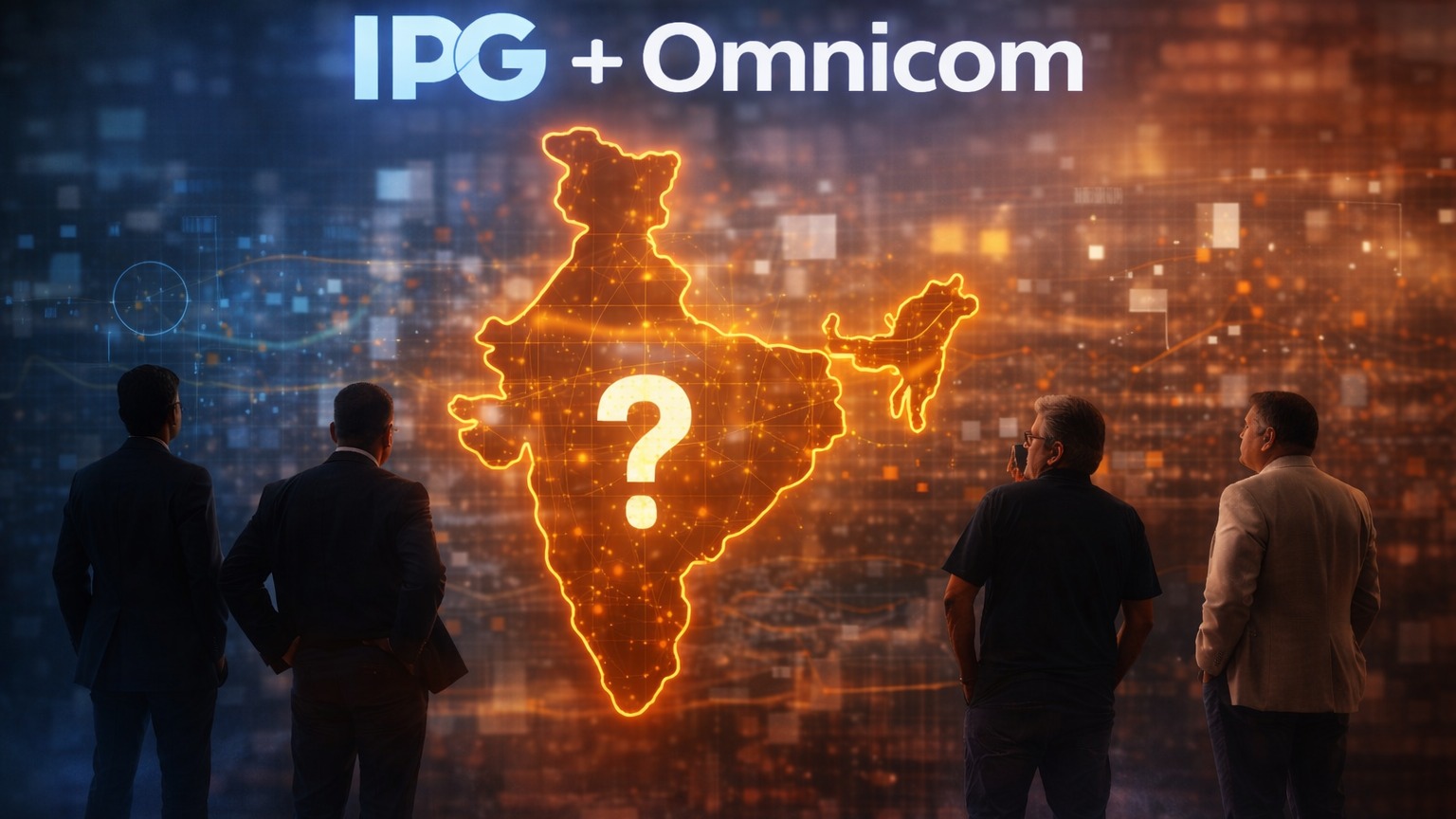Advertising/Media
The Supreme Court punishes those who create and support misleading food and health advertisements following Patanjalis censure.


By Kajal Sharma - 13 May 2024 05:51 PM
New Delhi: The Supreme Court is now scrutinizing other sponsors and advertisers of dishonest food and health product ad campaigns, after Patanjali.Advertisers shall submit self-declaration forms certifying their compliance with cable TV laws and advertising standards prior to airing adverts, according to a bench made up of Justice Hima Kohli and Justice A. Amanullah that declared this on Tuesday. It stated that before the advertisements air, these statements had to be filed to the Broadcast Seva webpage.Additionally, it forewarned that promoters of false goods and services, such as celebrities and influencers, would be held equally accountable.The consumer affairs ministry was ordered by the court to set up a system that would allow advertisers to submit self-declarations for print media ads in four weeks.The Central Consumer Protection Authority (CCPA) took action against deceptive or fraudulent advertisements, especially those that pertain to food and health, and the court requested that the ministry provide a new affidavit detailing these steps.Case of Patanjali The court mandated that Patanjali items whose licenses have been revoked by state authorities be taken out of stores, emphasizing that suspended licenses must immediately stop sales. The court further censured a state licensing body for its inability to guarantee the elimination of certain products from retail displays.In addition, the top court served notice to Dr. R.V. Ashokan, the president of the Indian Medical Association (IMA), over Patanjali's alleged derogatory remarks about the Supreme Court, which prompted Patanjali to file a contempt plea.The IMA filed a lawsuit against Patajnali and its founders, Baba Ramdev and Acharya Balkrishna, alleging that they were engaged in a smear campaign against modern medicine. This plea led to the Supreme Court rebuking Patajnali.The court had broadened the case's scope in earlier hearings to cover deceptive advertisements by other FMCG businesses about "cures." Additionally, it made a number of union ministries and state agencies parties to the ongoing legal dispute by ordering them to look into possible violations of the Consumer Protection Act, the Drugs and Magic Remedies Act, and the Drugs and Cosmetics Act.IMA's lawsuit, which included a number of contentious remarks made by Ramdev, including those about COVID vaccinations and oxygen cylinders during the pandemic's second wave, brought to light concerns about Patanjali disseminating false information and criticizing contemporary medicine with unsubstantiated claims.
The court threatened to punish Patanjali ₹1 crore on November 21, 2023, if the company did not stop disseminating false advertisements and claims regarding contemporary medicine. The day after the verdict, Patanjali released a public statement refuting any false claims it had made regarding its products.On February 27, the court banned Patanjali from advertising goods that made unproven claims of healing ailments like asthma and heart problems, and it served a contempt notice to Ramdev and Balkrishna. Additionally, it forbade the business and its representatives from denigrating any medical system in the media. Ramdev and Balkrishna were ordered to appear in person before the court on March 19 to address the contempt charges brought against them. The court granted them till April 16th to offer a public apology for their deceptive health cure marketing.
























